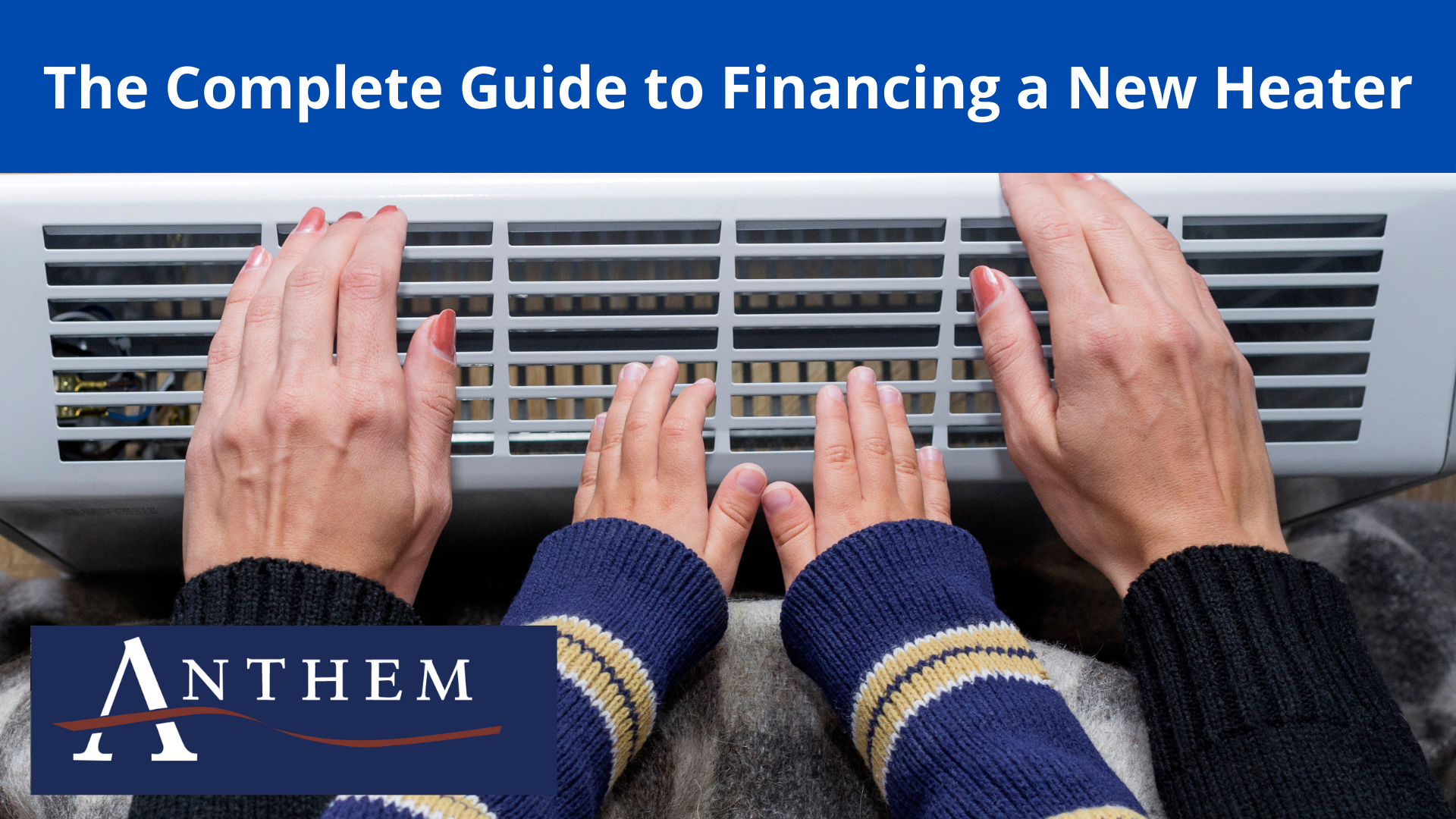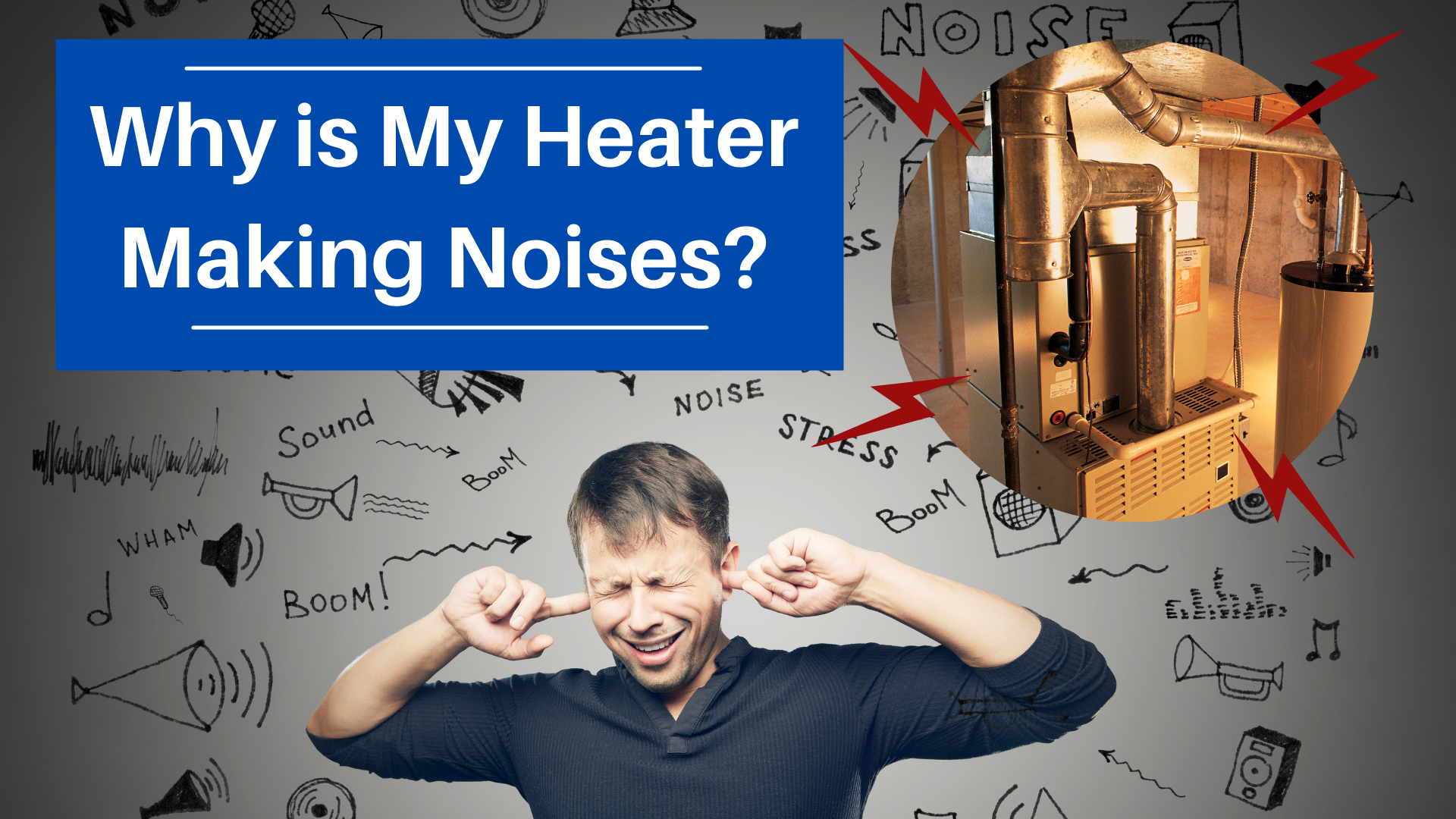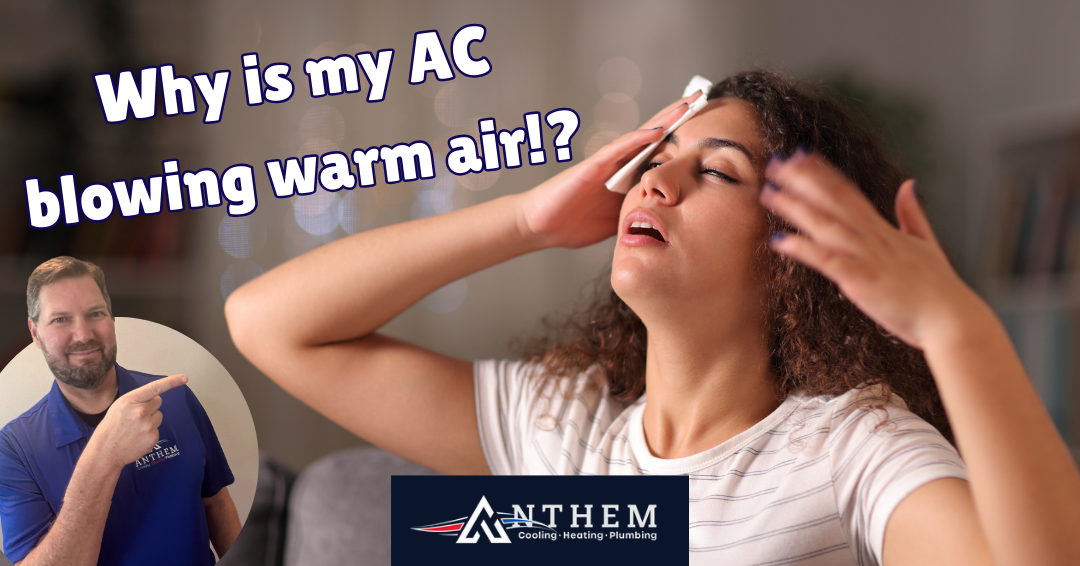When it is time for heater or AC repair and maintenance, hiring a reputable heating and air repair company helps avert or minimize any problems that might arise. A professional HVAC expert near me saves time and money.
Besides, working with professionals guarantees original spare parts and follows manufacturer-recommended procedures to deliver the best results.
How do I choose a heating and air conditioning contractor?
Finding an HVAC expert does not have to be an overwhelming experience. Here are tips to guide you when hiring residential HVAC companies near me.
-
Check License and Certification
You cannot expect quality work if the heating/AC technician is not qualified. Besides, offering AC/heating repair services without a license is illegal and risky to the homeowner.
Remember, the insurance company may not cover accidents or losses where an unlicensed technician is involved.
In that regard, do not let anyone work on your HVAC unit without conducting a legitimacy check. Before hiring a heating/AC repair technician, ask for copies of the license and certification to offer the HVAC repair and maintenance services.
-
Ask for Their Availability
When hiring an HVAC repair technician, ask about their working hours.
Consider that most HVAC system faults occur when you need the heater or AC most, so hiring an HVAC repair person available only during working hours is never a good idea.
Instead, it helps if you have a repairperson available around the clock and during working hours. Check their working hours on the website. Alternatively, contact a technician near you for advice on their operating hours.
-
Check if the Company Has Experienced Technicians
Even if the technician is licensed and certified, they may lack the experience required to handle your HVAC system.
A technician who has years of experience working on HVACs can serve your requirements better than a fresh graduate with no or little experience.
-
Inquire About Cost and Payment Options
Never fall into the trap of hiring an HVAC repair person before verifying how much they charge for HVAC repair and their available payment options.
In addition, research the market rates so you do not end up overpaying for the HVAC repair service.
A reputable HVAC repair company should accommodate different payment options and charge market rates.
Therefore, ask for price estimates before letting the HVAC repair person work on your equipment.
-
Ask for Insurance Coverage
Before processing a service provider, check if their technicians are covered by insurance premium before visiting your site for HVAC repair.
Insurance protects your equipment and property in case of accidents. This means reduced risks and costs for you in case of accidents.
-
Check the Reputation
Take time to learn more about the company. Check online review sites to see what past customers said about the company. Online reviews help you discover if the HVAC Company provides good customer service.
Moreover, you will understand what to anticipate while dealing with the HVAC repair company.
Ask your friends and neighbors or co-workers if they know a reliable HVAC repair company. If they had a good experience working with a specific HVAC repair company, they are likely to recommend their services. However, do not forget to verify their qualifications and license to ascertain they can offer a good service.

Get Multiple Estimates Before Hiring a Service Provider
Finally, it is best if you take the time to research multiple service providers. Compare their pricing, availability, and experience. Avoid hiring an HVAC repair technician based on pricing alone. Unlicensed and inexperienced HVAC technicians are likely to charge lower rates, yet they do not deliver quality results.
Conclusion
When your HVAC stops functioning all of a sudden, you feel frustrated and get annoyed. Do not try DIY HVAC repair or attempt troubleshooting if you do not have the experience and knowledge to service the heater or AC.
Instead, hire an experienced professional to repair your HVAC system and bring it back to life.
If you live around the Coachella Valley area – Indio, Indian Wells, Palm Desert, or La Quinta – a reputable heating and air conditioning repair and provider company is nearby.
Let Anthem Heating & Air help you with all your air conditioning and heating questions and needs! Visit us at www.anthemcv.com or call now at (760) 895-2621.
























